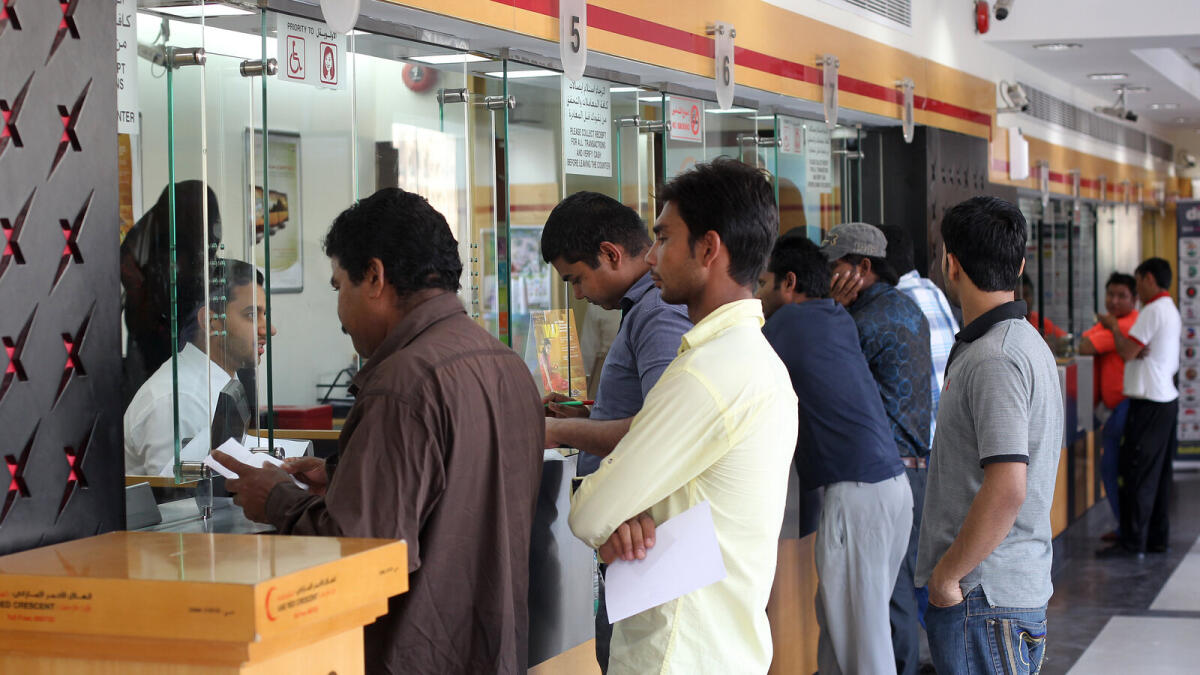The Indian rupee opened weak on Thursday due to worries over the rise in US Treasury yields. However, it received support from dollar offers from public sector banks. At 9.10 am UAE time, the currency was at 83.4150 to the US dollar. Public sector banks were reportedly offering the dollar/rupee pair, although it was unclear whether the offers were for the Reserve Bank of India or their clients.
Currency traders expect the RBI to intervene at specific levels to prevent the rupee from dipping below 83.50. Other Asian currencies were also down, with the Korean won slipping nearly 1% and the Indonesian rupiah and Thai baht shedding 0.4%. The pressure on Asian currencies was attributed to a further upward move in US Treasury yields, which resulted from concerns over a demand-supply mismatch.
The 10-year US Treasury yield has climbed 16 basis points in two days following two weak auctions. The rupee experienced its fourth day of losses on Thursday, with reasons cited including US yields, anxiety over the outcome of Indian elections, importers taking a safety-first approach, and the exit of short dollar positions. Despite these challenges, public sector banks offering dollar support helped stabilize the currency to some extent.
Although the rupee faced downward pressure, it was expected that the RBI would intervene to prevent it from falling below specific levels. Other Asian currencies were also affected by the rise in US Treasury yields, leading to increased demand for dollars. The rupee’s decline was attributed to various factors, including the outcome of Indian elections and importers opting for a safety-first approach.
The recent weakening of the rupee was largely influenced by external factors, such as the rise in US Treasury yields and concerns over the outcome of Indian elections. Despite these challenges, the currency was supported by dollar offers from public sector banks. It is crucial for currency traders to stay informed about the latest developments in the forex market to make informed decisions regarding their investments.











